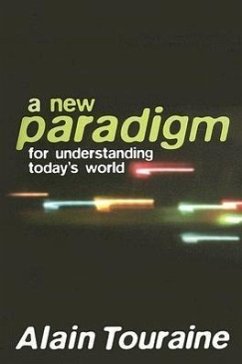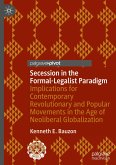In the first centuries of modernization in the West, the social world was described and thought of in terms of politics: order and disorder, king and country, the people and revolution. In the wake of the industrial revolution, capitalism freed itself from political power and gave birth to another paradigm, one that was both economic and social. We began to speak in terms of class and inequality, wages and strikes, wealth and its redistribution. Today, in the age of a global economy and the triumph of the individual, globalization has shattered these old models of society. Each of us, caught up in processes of production and mass culture, strives to escape from them and to make ourselves the subject of our own lives. The new paradigm through which we try to make sense of these new preoccupations is cultural. The great questions of our age bear witness to this: how should we protect the rights of minorities? Should sexuality be placed at the centre of our lives? Are we witnessing a return to religion? The old paradigms were oriented towards conquering the world; the new paradigm revolves around us. Just as we are faced with the breakdown of a world once run by men, we are now entering into a society of women. As ever in the writings of Alain Touraine, the concern to give theoretical form to our social practices is nourished by life as it is actually lived, and everything thought through here refers back to the most everyday experiences of the globalized world in which we are currently living. This book will be of primary interest to advanced undergraduates, graduates and
Hinweis: Dieser Artikel kann nur an eine deutsche Lieferadresse ausgeliefert werden.
Hinweis: Dieser Artikel kann nur an eine deutsche Lieferadresse ausgeliefert werden.
"How rare it is that one of the world's most original socialtheorists writes a book so plain and important that it could beused as an introductory text for first-year students. AlainTouraine's New Paradigm should be required reading for anyone whowants to understand today's world as it is coming to be."
Charles Lemert, Wesleyan University
Charles Lemert, Wesleyan University








